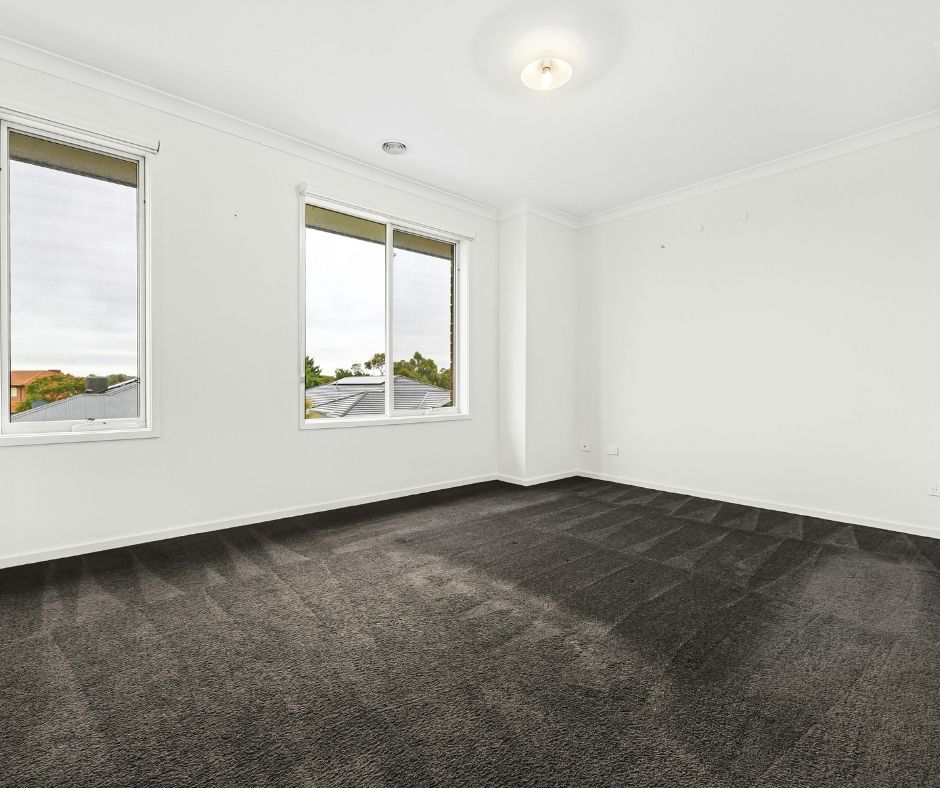Dry Carpet Cleaning vs Steam Cleaning: Which One's Best?
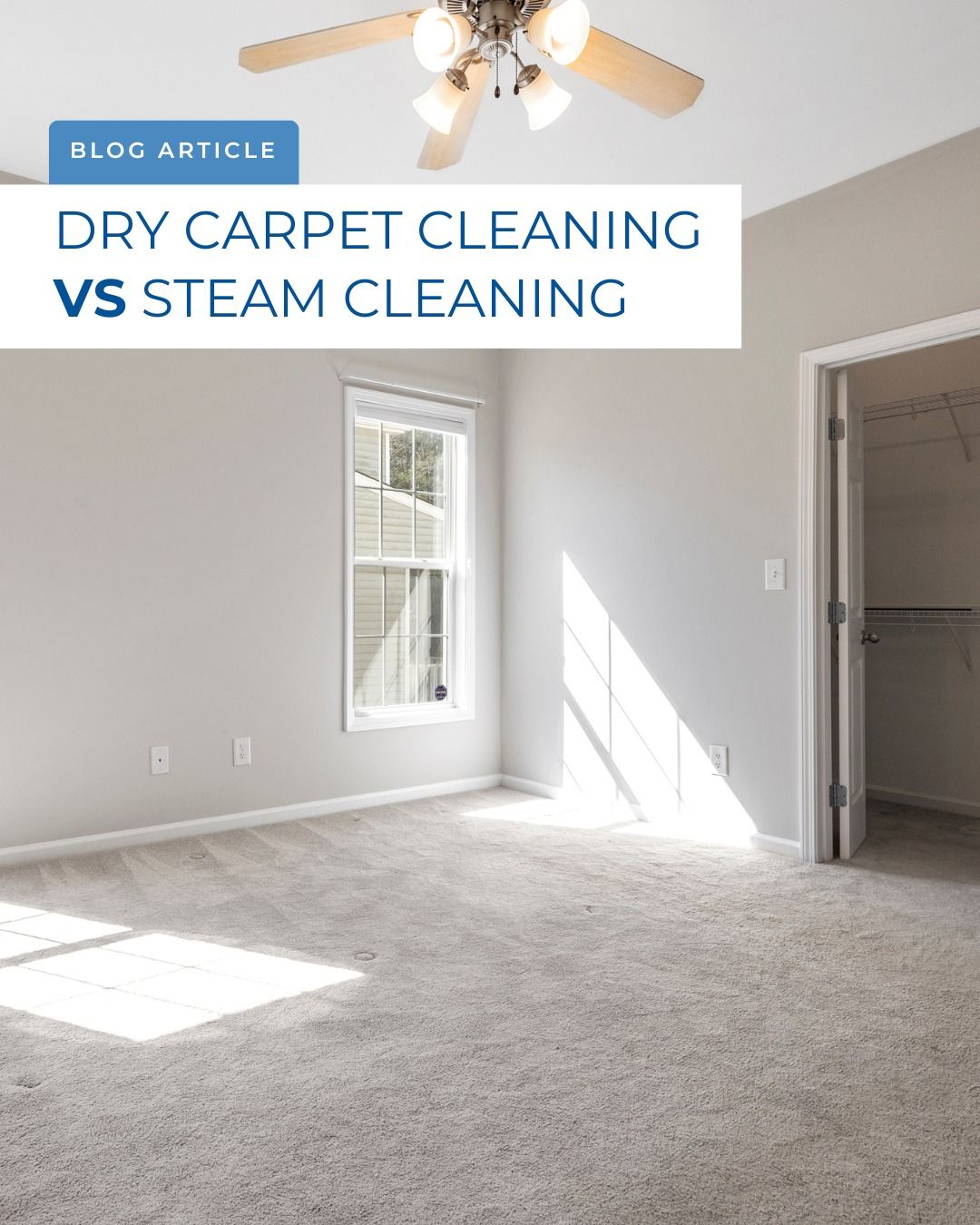
Carpets cop a beating. Between kids, pets, spills, and sandy shoes, it is no wonder they wear down faster than you would like. While vacuuming picks up the crumbs, it is professional cleaning that keeps your carpets in shape for the long haul. In fact, a well-maintained carpet can last anywhere from 5 to 15 years, on average, with top-quality options lasting even longer under proper care.
And if you live somewhere like Sydney’s Northern Beaches, where humidity encourages mould spores to thrive under your carpet, proper cleaning is a must-have. The big question many Aussie families ask is: “What is better, dry cleaning or steam cleaning carpets?”
In this guide, we break down everything you need to know about dry carpet cleaning vs steam cleaning, backed with research and expert tips.
Why Professional Carpet Cleaning Matters
Vacuuming once a week is a good start. But deep-seated dirt, allergens, and bacteria stubbornly cling to carpet fibres over time. In coastal and humid areas like the Northern Beaches, the risk is even higher. Mould and dust mites thrive where moisture and organic debris meet. Professional cleaning removes this surface dirt and tackles the stuff you cannot see.
Regular deep cleaning every 12 to 18 months is recommended by the Carpet Institute of Australia for homes with kids, pets, or high traffic. Neglect it and you could be shopping for new carpets sooner than you planned.
Dry Carpet Cleaning vs Steam Cleaning: Process Comparison
While both aim to refresh your carpets, the cleaning process, drying time, effectiveness, and health outcomes differ greatly. Here’s how each works:
How Dry Carpet Cleaning Works
Dry carpet cleaning is a low-moisture process that targets surface dirt without soaking the fibres. It starts with a specialised cleaning compound, often plant-based or biodegradable, that latches onto dirt and oil.
The technician then uses a counter-rotating brush machine to work the cleaning agent deep into the pile.
This brushing action ensures the solution fully contacts hidden dirt without saturating the carpet. After allowing time for binding, the carpet is vacuumed with a powerful commercial machine to lift away the residue and contaminants.
Dry carpet cleaning is ideal for:
- High-traffic areas needing minimal downtime
- Homes or offices requiring same-day usability
- Moisture-sensitive carpets like wool, cotton, and sisal
Important facts to know:
- Drying time: 15 to 30 minutes in most conditions
- Cleaning depth: Primarily lifts surface soils and odours
- Residue risk: Incomplete vacuuming can leave a gritty texture
- Chemical sensitivity: Some dry cleaning powders may have a noticeable scent.
This method is excellent for ongoing maintenance, especially in commercial settings or rentals, but is limited when it comes to deeper contamination. If you’re unsure when to steam or dry clean carpets, this method suits short-term results or delicate materials.
According to industry data, more than 30% of professional carpet cleans in corporate settings use dry methods to minimise downtime.
Additional Tip:
Always ask your cleaning technician whether a post-vacuuming step is included. Proper vacuuming ensures no dry compound remains trapped in the carpet fibres.
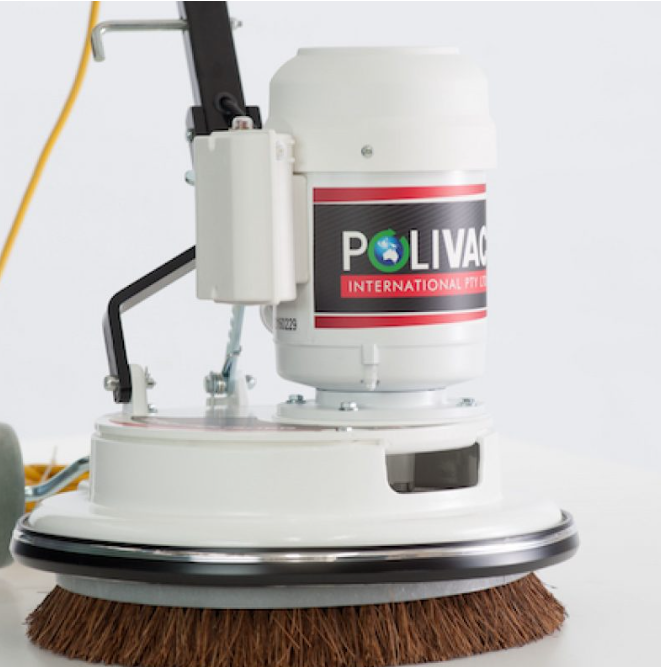
How Steam Carpet Cleaning Works
Unlike dry carpet cleaning, steam cleaning, or hot water extraction, it is designed for a full-fibre flush-out. The process begins with a pre-treatment spray to loosen grime, followed by injecting hot water and detergent deep into the carpet under high pressure. This lifts dirt, allergens, and even old odours from the base of the pile. A strong vacuum immediately extracts the dirty water.
The effectiveness of steam cleaning depends heavily on the technician’s skill and the machinery’s suction strength. Proper extraction minimises moisture retention, preventing mould growth and fibre damage.
Steam carpet cleaning is ideal for:
- Family homes with kids, pets, or family members with allergies
- Deep
carpet stain and odour removal from food spills, pet accidents, or smoke
- Carpets not cleaned professionally for 12 months or more
Important facts to know:
- Drying time: Between 6 and 24 hours, depending on humidity, carpet density, and ventilation
- Cleaning depth: Reaches deep into fibres and underlayers
- Health benefits: Kills up to 99% of common allergens and bacteria
- Equipment quality: Critical for reducing overwetting risks
Steam cleaning is your go-to for restorative work or long-overdue deep cleans. If you're asking yourself “what is better, dry cleaning or steam cleaning carpets”? in a home with allergies or pets, steam is the clear front-runner.
A professional steam clean can use between 8 and 15 litres of water per room, but efficient equipment extracts nearly all of it before finishing.
Additional Tip:
After steam cleaning, use fans or open windows to speed up drying. Some professional services also offer speed-drying with specialised air movers.
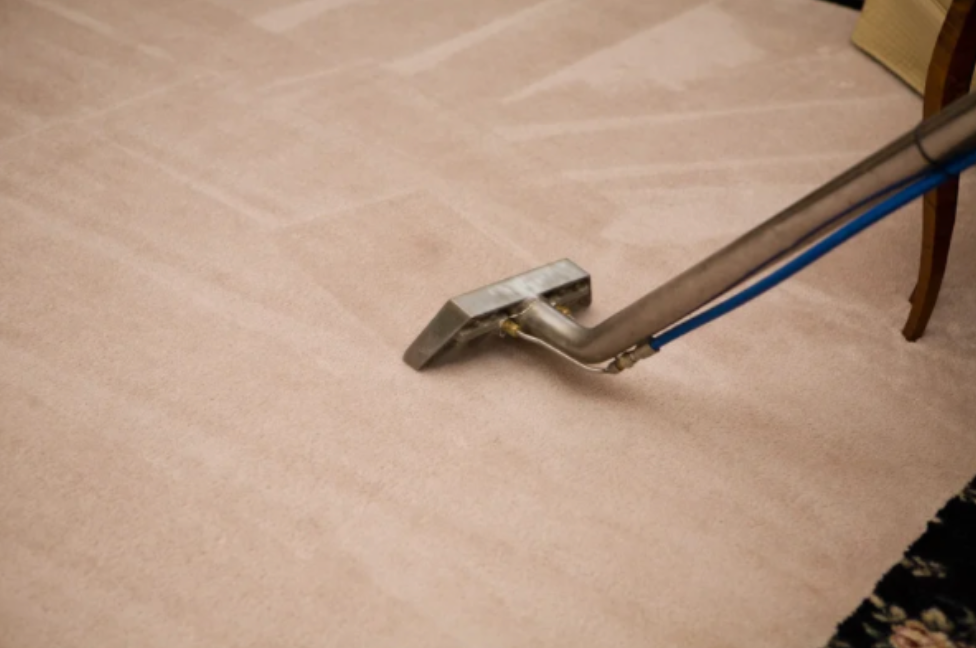
Dry Cleaning vs Steam Cleaning: Pros and Cons
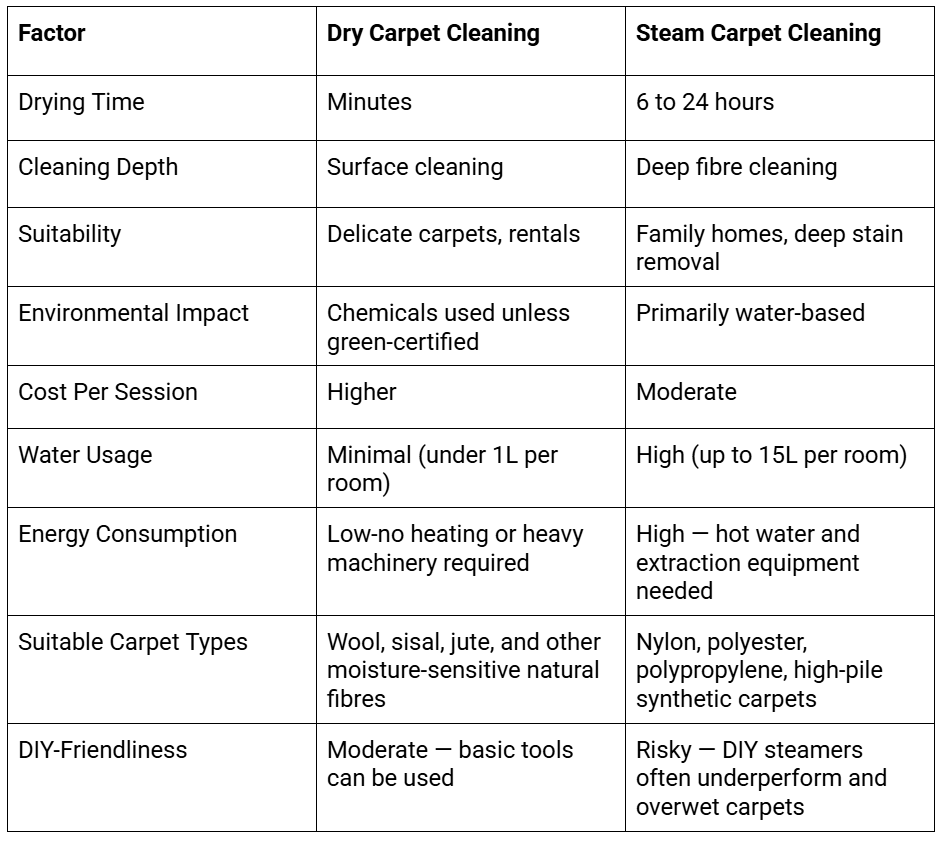
Environmental Impact: Steam vs Dry Carpet Cleaning
Steam carpet cleaning generally ranks better on the eco-scale. It uses mostly hot water and mild detergents, with minimal waste. In contrast, traditional dry methods can rely on chemical solvents or powders, though eco-certified dry cleaners now use safer compounds.
Australia’s rising interest in sustainable services is clear. According to
Statista, over 60% of Australian shoppers now consider eco-friendly features when choosing cleaning services. If you're choosing how to steam or dry clean carpets with sustainability in mind, ask us about certified green methods.
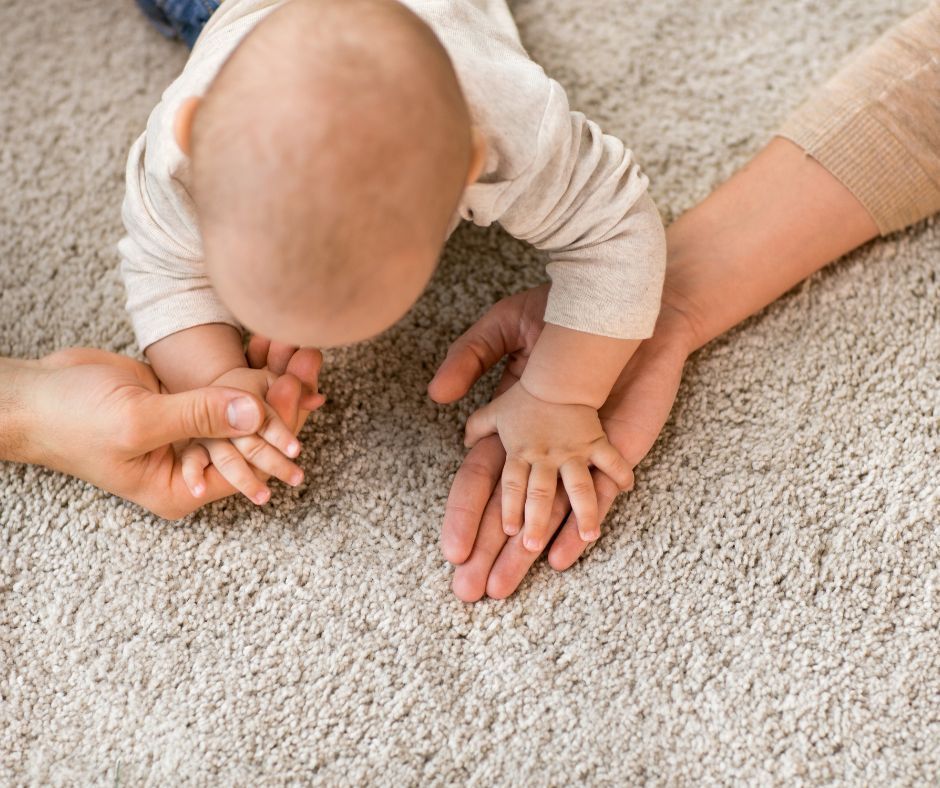
Steam or Dry Clean Carpets: Which Method Is More Budget-Friendly?
Dry carpet cleaning often costs more upfront due to its specialised materials and fast turnaround. You’re paying for speed and low disruption.
Steam cleaning usually offers greater value in the long run. Its deeper clean can extend carpet life by several years, especially in family homes. For households asking what is better, dry cleaning or steam cleaning carpets from a cost perspective, steam tends to win over time.
On average, replacing carpets can cost between $3,000–$5,000 for a three-bedroom home. Regular deep cleaning prevents premature replacement.
Pro tip: Always ask for a per-square-metre rate to make proper comparisons between services.
Health Benefits: Why Steam Cleaning May Be the Best Choice
Steam carpet cleaning excels in hygienic performance. It kills dust mites, lifts allergens, and flushes out bacteria that dry cleaning can't reach. This makes a massive difference for households managing asthma, eczema, or dust sensitivities.
Dry carpet cleaning can lift surface dirt and some allergens, but it doesn’t tackle embedded pollutants. If anyone in the home suffers from allergies, steam is a far more thorough option.
How to Choose Between Steam and Dry Carpet Cleaning
Still unsure which way to go? Here is a quick checklist:
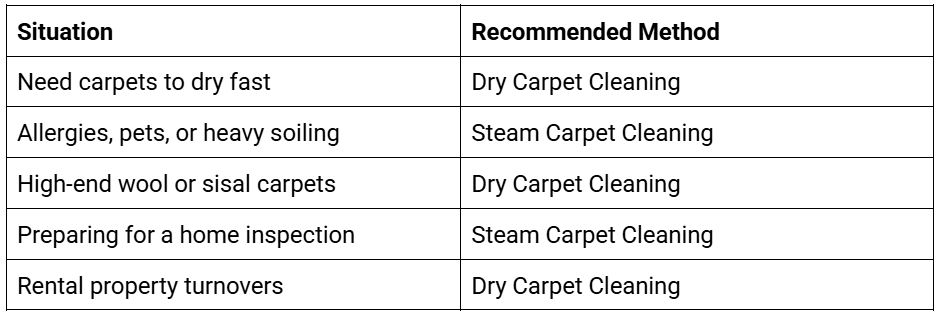
Professional carpet cleaners can also assess your floor coverings and recommend the safest, most effective method based on material type, age, and traffic levels.
Why Airbnb Hosts Across Sydney Trust NSCG Maintenance
Running an Airbnb on the Northern Beaches or North Shore means no second chances.
Guests expect spotless, welcoming spaces every time they check in.
That is why local hosts trust NSCG Maintenance to deliver fast, flexible turnovers, professional dry or steam carpet cleaning as needed, and
full property cleaning, including linen changes and restocking essentials.
Our experienced team works with your booking calendar, helping you avoid last-minute scrambles and bad reviews. Want carpets that impress guests and keep five-star ratings rolling in? Contact NSCG Maintenance today.





